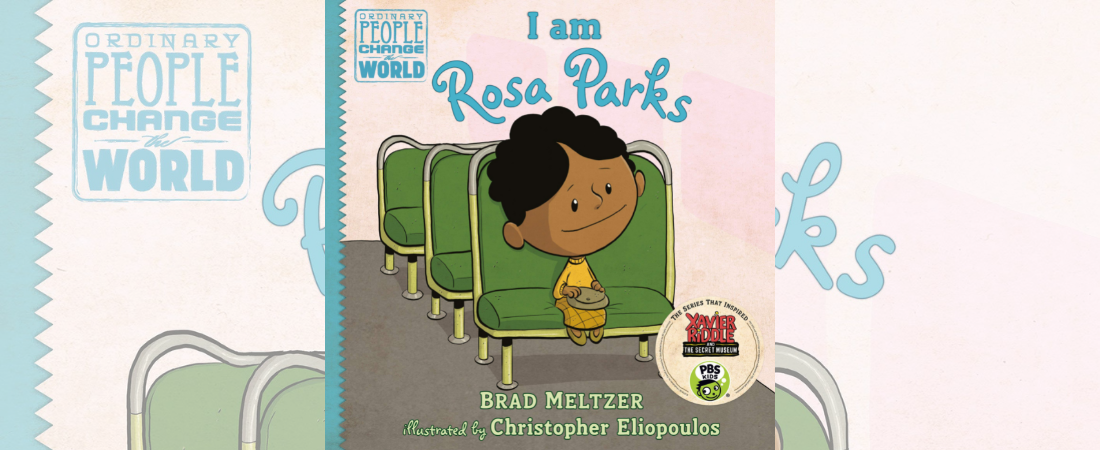Controversy arose in York, Pennsylvania, after the Central York School District banned a list of anti-racism texts and materials by and about people of color. The “Diversity Committee Summer Meeting Resource List” contained suggested supplementary materials for various grade levels to help contextualize the national conversation around racism and anti-racism. The district disallowed use of the materials on the list in November 2020 after parent complaints about the content of some of the books. The extensive list of titles can be seen here and included both fiction and nonfiction books, as well as articles, videos and picture books. Students in the district protested the ban, attracting national media attention. In September 2021, the school board rescinded it. NCAC, along with the Authors’ Guild, has written to the school board to urge them to implement a stronger material selection and review policy to avoid future controversy.
This case illustrates one of NCAC’s most important best practices: creating clear policies and procedures regarding instructional material selection, as well as clear review policies for challenged materials that privilege keeping materials in classrooms over the personal opinions of complainants. When those polices and procedures are clearly written and published publicly, districts are much better placed to manage controversy when it arises and are less likely to censor students and teachers.
While we applaud the District’s decision to permit teachers to use the materials, NCAC is concerned about the lack of clarity regarding who currently makes the final decision about what materials teachers can use in their classrooms. In their statement rescinding the year-long ban on these titles, the Board acknowledged the District’s difficulty in developing a process for reviewing what resources should be approved for use in classrooms. If the Board wishes to defer to the professional judgment of individual teachers regarding the choice of supplemental materials, it should clearly say so, and it should also ask teachers to make sure that they develop clear and sound rationales for every resource they use. Doing so will enable the teacher to respond effectively to challenges, including increasing the likelihood that challenges can be resolved informally, to the satisfaction of all parties.
NCAC has extensive experience advising districts on how to develop procedures which help ensure that all parties believe that their concerns have been considered. We have sent a copy of our guidelines for administrators who are seeking to develop such procedures to the Central York School District.
Read the full letter to the school district below. Click here for a full screen view:


